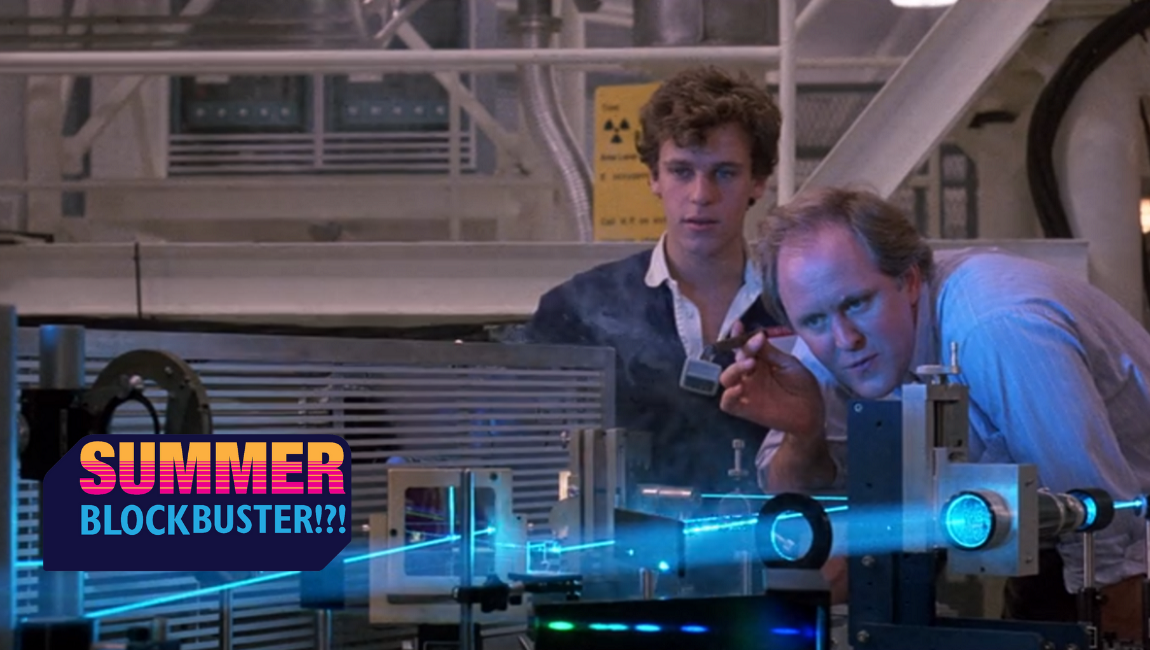The Eyes of Tammy Faye indulges the very spectacle it supposedly interrogates, betraying its aims and offering only a flattened take on its titular subject.
The rise of evangelism has had no small impact on the cultural and political dynamics of America today, having — partly a visceral reaction against the proliferation of civil rights movements in the sixties, partly a rallying cry around the nexus of a national identity defined as an opposition to the twin spectres of communism and atheism — participated in, and profoundly effected, the polarization of classes and communities. Ronald Reagan’s electoral win in 1980, for example, consecrated the country’s faith in his resolute promise to quell Soviet ambition, quash liberal agenda, and quench the thirst of a rising post-war generation promised, and then denied, their national, God-given right to hope. With the advent and ubiquity of television, churches and their preachers were well-disposed to spreading the gospel through a medium that would not only retain, but also retool the spectacular nature of religion, sublimating its appeals to divine providence into artful, marketable spectacle. Thus reigned televangelism, first through the radio’s ears, and then in the mesmerized eyes of audiences and consumers anxious to supplant their middle-class appetites with the sweet taste of religious vindication.
Now, it appears that the spectacle of this unprecedented phenomenon has itself been reified and repackaged as biopic camp, destined by virtue of its chintzy neutering for the de rigueur recognition bestowed upon it by the awards showbiz. In dramatizing the rise and fall of televangelism’s oddest empire, Michael Showalter banks excessively on the names and performances of his star talents to moderately effective ends at the expense of thematic acuity. In fact, The Eyes of Tammy Faye, starring Jessica Chastain as the titular personality (a televangelist and singer) and Andrew Garfield as her husband Jim Bakker, is itself an adaptation of an eponymous documentary some two decades prior which interviewed the real Tammy Faye in the years following her drug abuse and subsequent divorce from Jim. Directed by Fenton Bailey and Randy Barbato, the 2000 film ran a scant 78 minutes as opposed to Showalter’s 126, condensing the couple’s controversial history into a no-nonsense, not ineffective, and indeed frequently incredulous timeline of events: from Tammy’s lonely childhood and her subsequent meeting with Jim at Bible college to their marriage and journey as travelling preachers quick to capitalize on mass media, establishing a talk show program named The PTL Club (“Praise the Lord”) and Heritage USA, a Christian theme park rivalling the size and splendor of Disneyland, all before coming undone by allegations of corruption and financial mismanagement.
Showalter’s dramatization of this timeline, however, relies mostly on pre-existing narrative without critically expounding on either tone or structure; padding over its conventional storytelling beats with Garfield’s distinctive presence as an equally shrewd and soft-spoken persona alongside a virtually unrecognizable Chastain caked in Tammy’s permanently layered makeup, The Eyes of Tammy Faye encounters, through precisely this uncritical reliance, the much weightier charge of historical revisionism. Less so in the truly idiosyncratic fashions of such directors as Matthew Rankin and Oskar Roehler; if anything, Showalter’s sensibilities are decidedly uncontroversial, indulging in the caricature of camp without the danger of alienating its detractors. While rebuked and revered in her life as both a cunning fraudster and a radical voice in the televangelist movement (having been one of the first to openly welcome gay people, especially AIDS patients, when ideological antipathy was at an all-time high), Tammy is now cast by-and-large as a frequently hysterical but harmlessly delusional woman manipulated by her scheming, cheating husband and, on a broader level, the religious patriarchy. Her status as a victim of political undercurrents both within and beyond PTL is perfunctorily addressed in the narrative, whose stylistic embellishments fixate more on Chastain’s emulation of the singer than on the latter’s mercurial engagement with and opposition to PTL’s many enemies.
It’s this lack of saliency that flattens our perspective of the Bakkers, though Showalter nevertheless attempts, valiantly, to inject humour and levity into the generally faithful reenactments of Bailey and Barbato’s sequences, peddling Oscar-bound performances over rewarding insight. For the most part, it works as a serviceable, inoffensively garish pastiche of a cultural movement looked on at best as a historical object of ridicule and at worst as the forebears of today’s alt-right (Jim Bakker continues to court controversy, most recently involving a fraudulent claim to cure COVID-19). But there’s also another catch that grows more alarming through the film, especially after the Bakkers’ rise to prominence and the birth of their two children: they possessed a hugely symbiotic relationship with televised media themselves, subjecting their private lives (and kids) to carefully manufactured but no less intense public scrutiny. The Eyes of Tammy Faye mostly glosses over this significant facet, re-staging scenes from the documentary (that were themselves staged with a television crew) without much self-awareness on this note. And when it comes to the film’s titular subject, much is missing: Chastain’s eyes merely affix themselves to their symbolic eyelashes, divested of Tammy’s maniacal pathos. Her mother cautions her, prior to her marrying Jim: “You follow blindly. In the end all you are is blind.” Could one say the same about the film’s jarring dialectical absence between the eyes that see and the eyes that cry? “Yet happy they whom grief doth bless, / That weep the more, and see the less.” — like Andrew Marvell some three centuries prior, and indeed the televangelists themselves, The Eyes of Tammy Faye indulges in the very spectacle it supposedly interrogates. In receiving the spectacle of religiously enervating catharsis, it gives up the retrospective clarity of sight.







